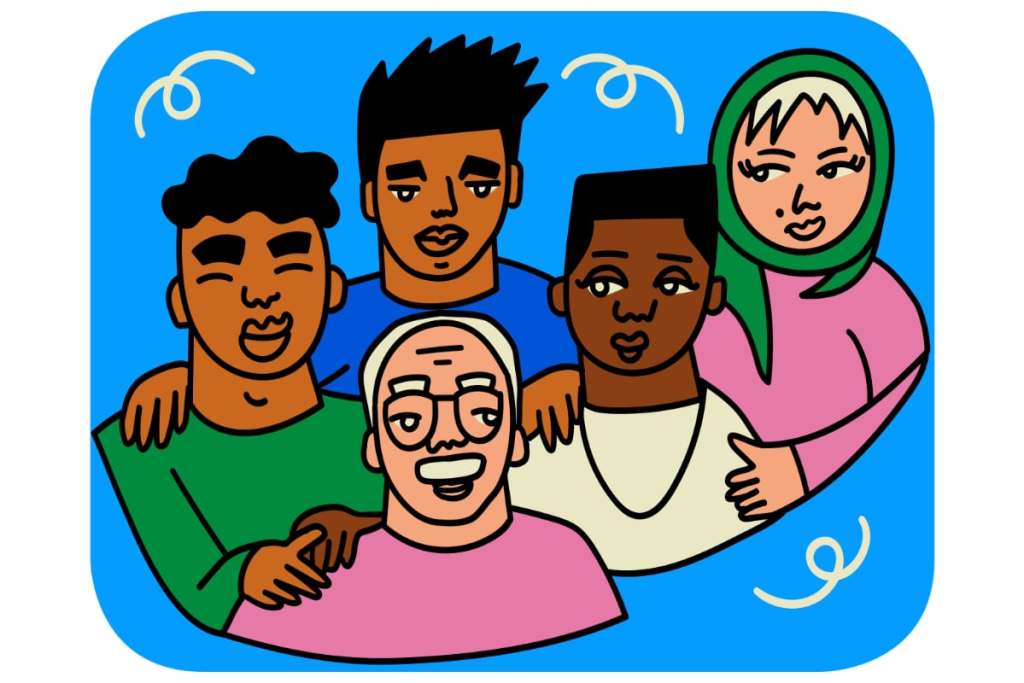
The heartbeat of Wikimedia projects are their volunteers. As the contributors of Wikimedia content, they create, share, and maintain the wiki pages that provide free knowledge to the world. Yet to have a global body of free knowledge that is representative of the world’s diverse knowledge and experiences, we need to have a platform where everyone feels safe and welcome in contributing. The Universal Code of Conduct (UCoC) is a first of its kind global conduct policy effort to make this vision a reality.
The Universal Code of Conduct (UCoC) is a policy initiative to provide a universal baseline of acceptable behavior across all Wikimedia projects. The project began as part of the 2018-2020 movement strategy process, where “Provide for Safety and Inclusion” was prioritized as a key area of change within the movement to achieve by 2030 . To support this recommendation, the Wikimedia Foundation is supporting a volunteer-driven process to create a code and put it into action across all Wikimedia projects.
The first step in the Universal Code of Conduct project was to create the code itself. Behavior policies – and how they are enforced – vary widely across Wikimedia projects. To create the code, the Wikimedia Foundation led wide-reaching community conversations and facilitated a drafting committee in June-October 2020. The final product is the result of collaboration across hundreds of volunteers, dozens of cultures, and over twenty languages. Together it acknowledges the importance of universal standards for behavior on our platform, and and lists behaviors like insults, sexual harassment, and doxing as unacceptable. In February 2021, the Universal Code of Conduct was approved by the Board of Trustees and made active across all projects.
For the rest of 2021, the Wikimedia Foundation and the Wikimedia movement are working on how to enforce the code. Coming up with the right solutions is a tough challenge. From February – May 2021, communities across the world, including Wikimedia affiliates, functionaries, and editors, are discussing a set of key enforcement questions, such as how to create secure reporting pathways, how to handle reports, whether there should be a global enforcement body, and if so, how it would work. To date, these conversations have included facilitated discussions in eleven languages , a summary of feedback on enforcement pathways from Phase 1, research into behavior enforcement on other technology platforms, surveys for affiliate organizations, and on-wiki discussions.
This feedback will be used by another volunteer/staff drafting committee to outline enforcement pathways between April and July. By mid-year, the draft enforcement pathways will be translated and shared back to volunteers for a round of community feedback before it is finalized and sent to the Board for ratification.
As of April 2021, we have launched a round of on-wiki consultations (more info here) to learn even more about enforcement needs in Wikimedia communities before drafting begins. The UCoC team is also currently recruiting volunteers for our Phase 2 drafting committee. If you are passionate about building a safe, equitable movement, please check out our call for committee members here.

Can you help us translate this article?
In order for this article to reach as many people as possible we would like your help. Can you translate this article to get the message out?
Start translation